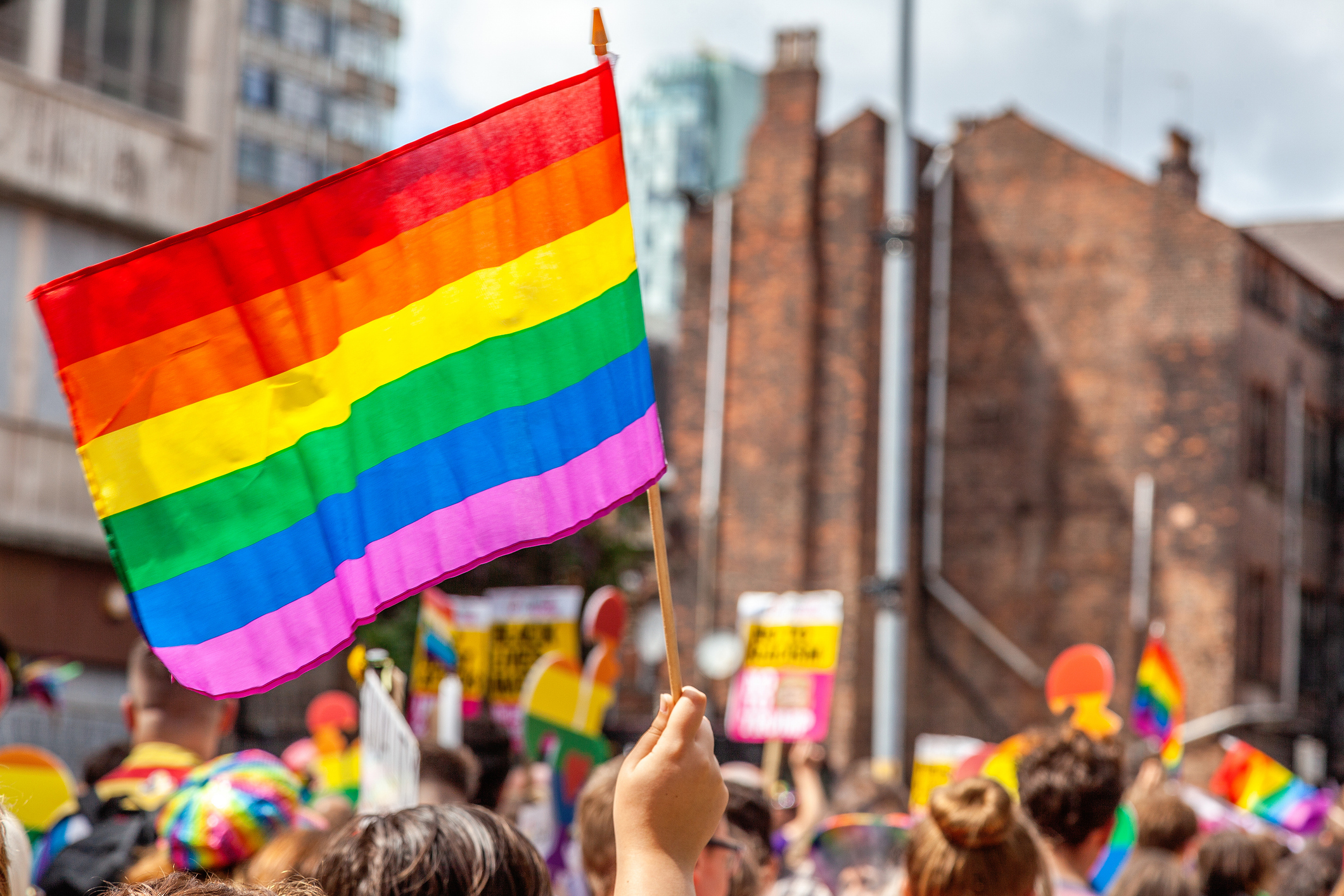
A new study from School of Law’s Williams Institute has made the shocking discovery that people who identify as are more likely to be rich and reside in regions likely to be affected by .
According to the on LGBT couples and climate change, “LGBT people in same-sex couples are at greater risk of exposure to the negative effects of climate change compared to straight couples” because they “are disproportionately located in coastal areas and cities.”
This groundbreaking discovery will no doubt raise concerns among the gay community as the rising temperatures, ocean levels, and more severe weather gravely endanger their late-night soirees at the city club or margarita beach parties.
If the point was not more obvious, the study’s authors decided to highlight Washington, D.C., one of the wealthiest and most expensive cities in the nation, to point out the particular climate-induced difficulties that plague the LGBT community.
“Washington, D.C., a county equivalent, has the highest proportion of same-sex couples of any county in the United States,” the study’s top-line findings say. “It scores high for a variety of climate risks, including heat waves (97th percentile), flooding (95th percentile), and dangerously strong winds (98th percentile).”
I, for one, am shocked to learn that there are so many gay people in Washington, D.C., but that is neither here nor there. The main concern here is the plight of these white LGBT urbanites who are in serious danger from climate change.
If it gets too hot, how on earth will they be able to walk their six Pomeranians in the daylight? How will they walk to their six-figure government or corporate job in dangerously strong winds? The horror!
The unspoken truth of this study is that the LGBT community is overwhelmingly well-off financially. the U.S. Census Bureau, same-sex couples make, on average, $10,000 more per year than straight couples. For male same-sex couples, the discrepancy is even more pronounced, outpacing the earnings of straight couples by $30,000 per year.
If the LGBT community is worried about the long-term weather for their geographic region, it betrays the demographic’s deep connection to the upper classes of society. People who struggle to earn a living do not have the luxury to fret over what the weather and climate will be like in 10 years. For them, the most important issue is keeping a roof over their head and food on the table.
But for a cosmopolitan same-sex couple, money and excess are aplenty. And the only fear is that a hurricane or flood might take it away for a few months.



